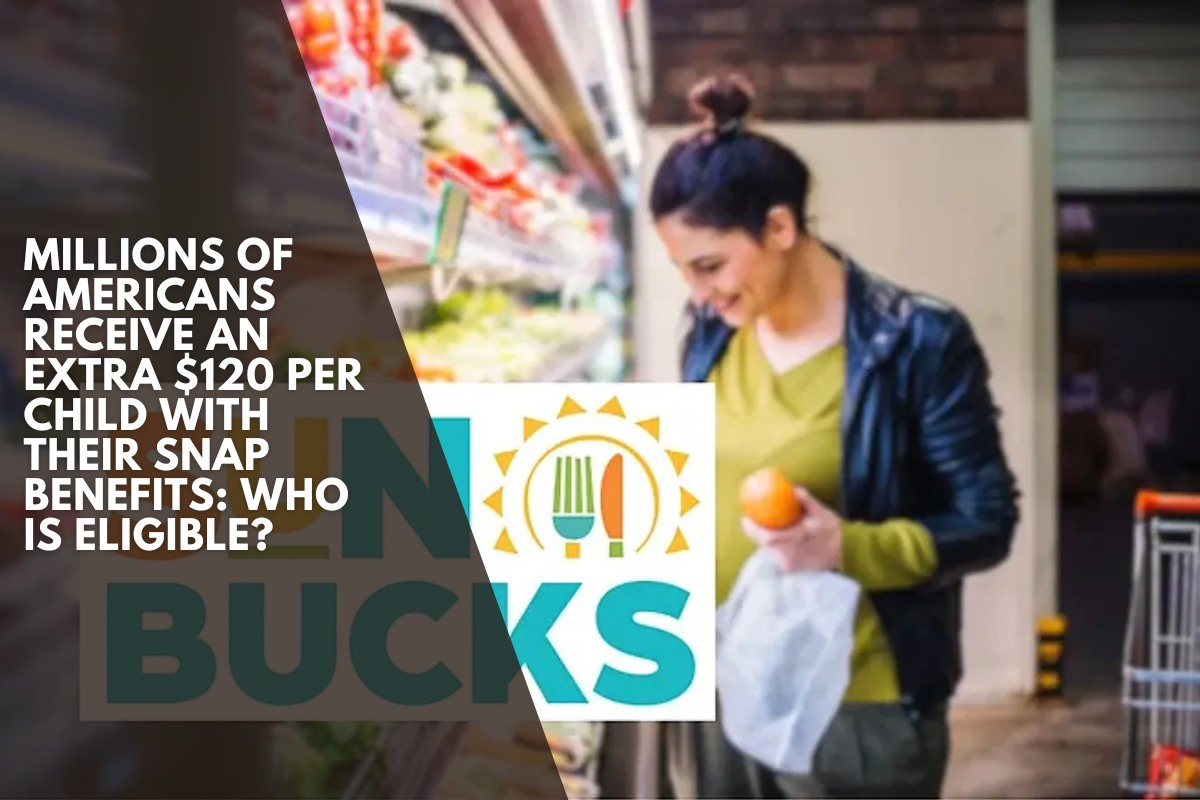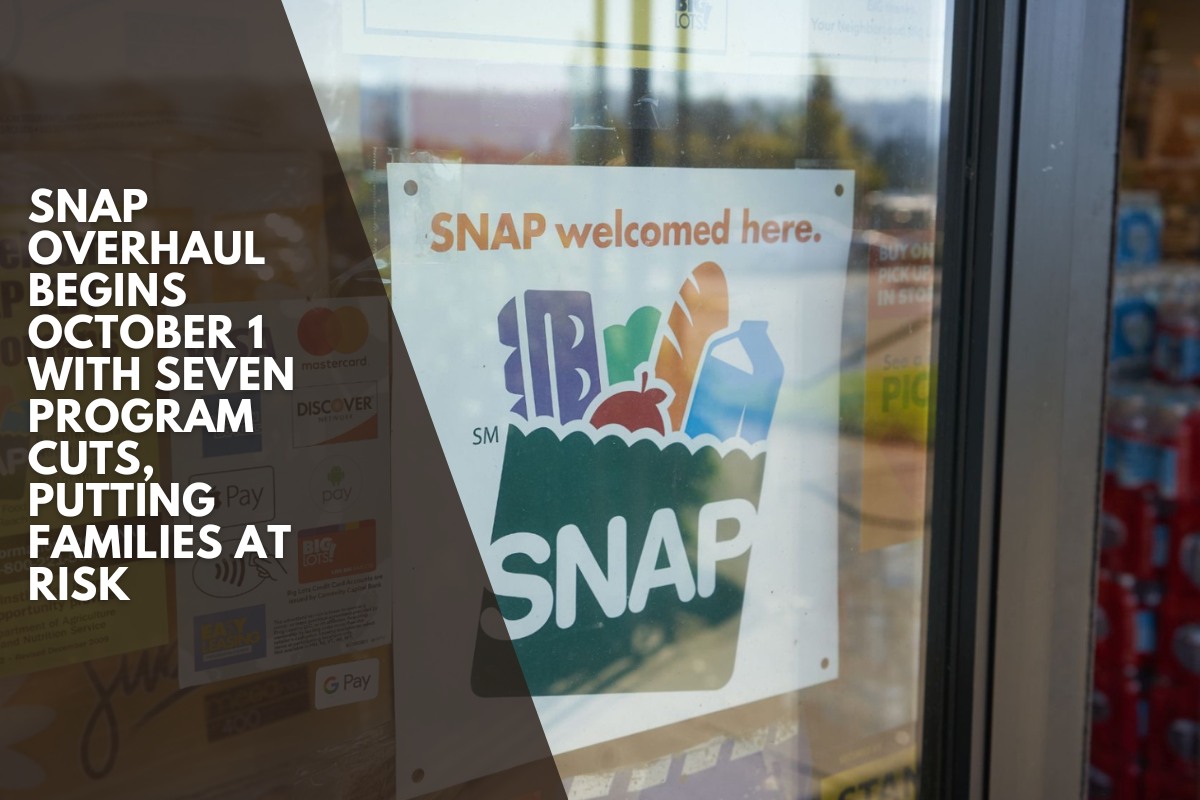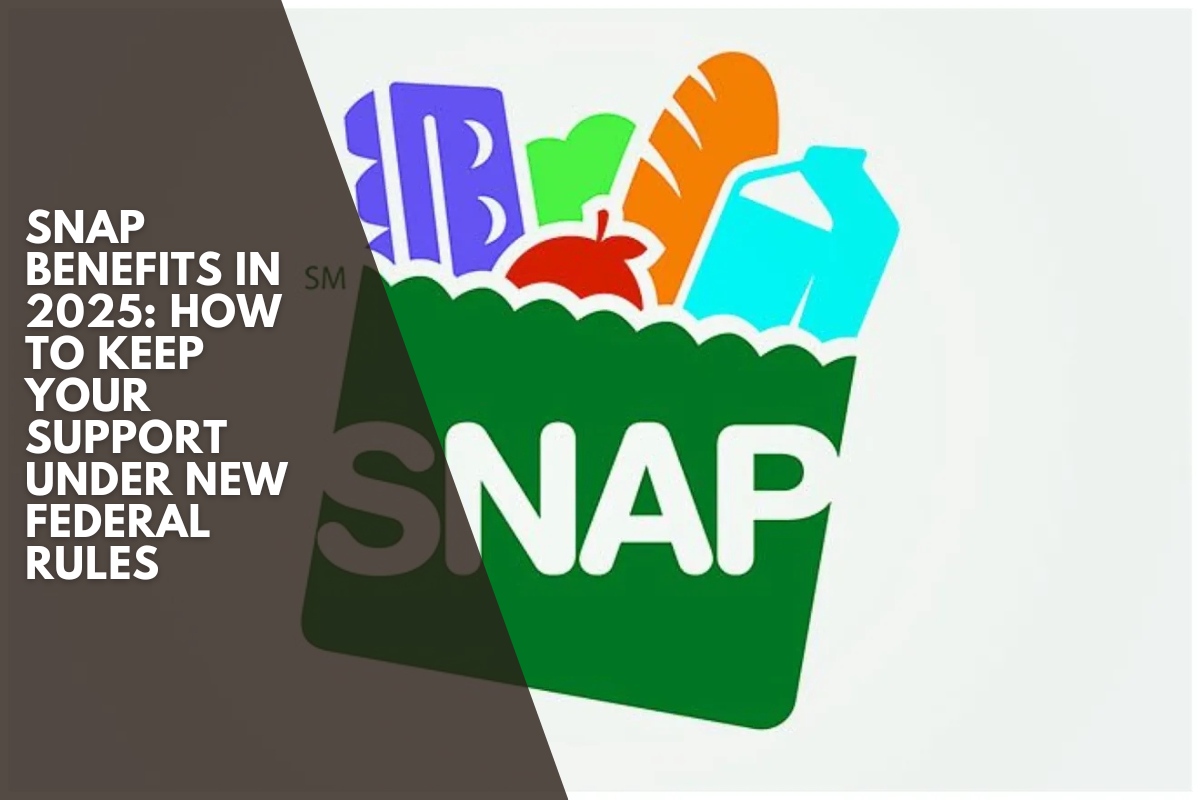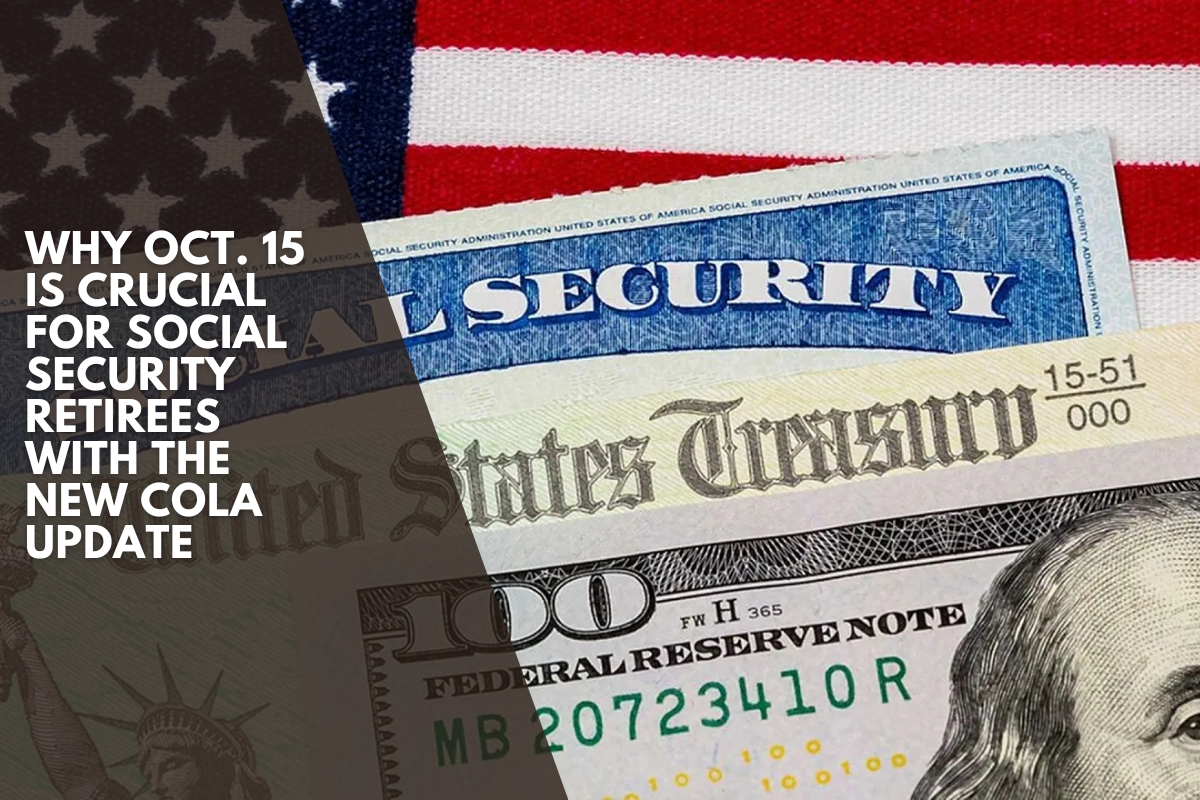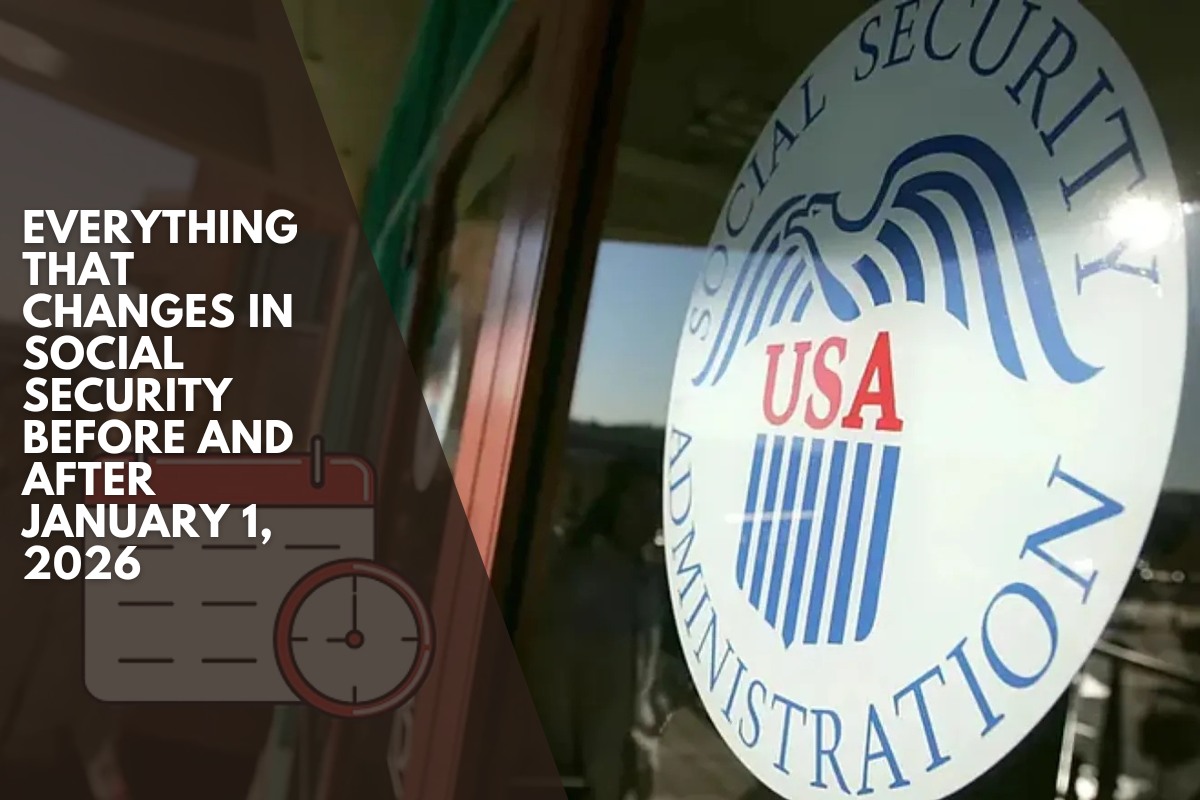Many families struggle to feed their children during the summer because schools do not provide free or reduced-price meals.
That is why, to ease this burden, the federal government has implemented the Summer EBT program, also known as Sun Bucks, which offers $120 per eligible child for the purchase of basic food.
Who will benefit from Sun Bucks?
This benefit is available to children aged 6 to 18 who meet certain requirements. In most cases, there is no need to apply because recipients of programs such as SNAP, TANF, FDPIR, or Medicaid are automatically enrolled.
Children who attend schools that participate in the National School Lunch or School Breakfast Programs and are eligible for free or reduced-price meals also qualify.
Those who are not automatically enrolled but live in low-income households (less than 185% of the federal poverty line) may apply for this benefit.
When are Sun Bucks benefits delivered?
The total amount per child is $120, which equates to $40 per month during the summer. The money is delivered via an EBT card, which can be used at authorized supermarkets and stores.
Delivery methods:
Directly to the EBT card the family already uses for SNAP
On a Summer EBT card from the previous year (if used)
In a new Summer EBT card mailed
Each state maintains its own deposit schedule. Some have already begun distributing funds as early as May 2025, while others plan to do so throughout the summer. Benefits expire 122 days after they are issued, so it is critical to use them promptly.
Which states participate in Sun Bucks?
Participating in 2025: California, New York, Illinois, Puerto Rico, among others. In total, more than 35 states, territories and indigenous tribes are part of the program.
Not participating in 2025: Texas, Florida, Georgia, Alaska, Iowa, Mississippi, Tennessee, among others. In these places, residents should not expect to receive Sun Bucks this year, although they could join in the future.
What foods can you buy with Sun Bucks?
Benefits can be used to purchase:
Fresh, canned or frozen fruits and vegetables
Meat, fish, chicken
Dairy products (milk, cheese, yogurt)
Breads, cereals and breakfast products
Canned food, snacks and non-alcoholic beverages
Non-food items such as cleaning products, diapers, medicines or hot prepared meals in stores cannot be purchased.
